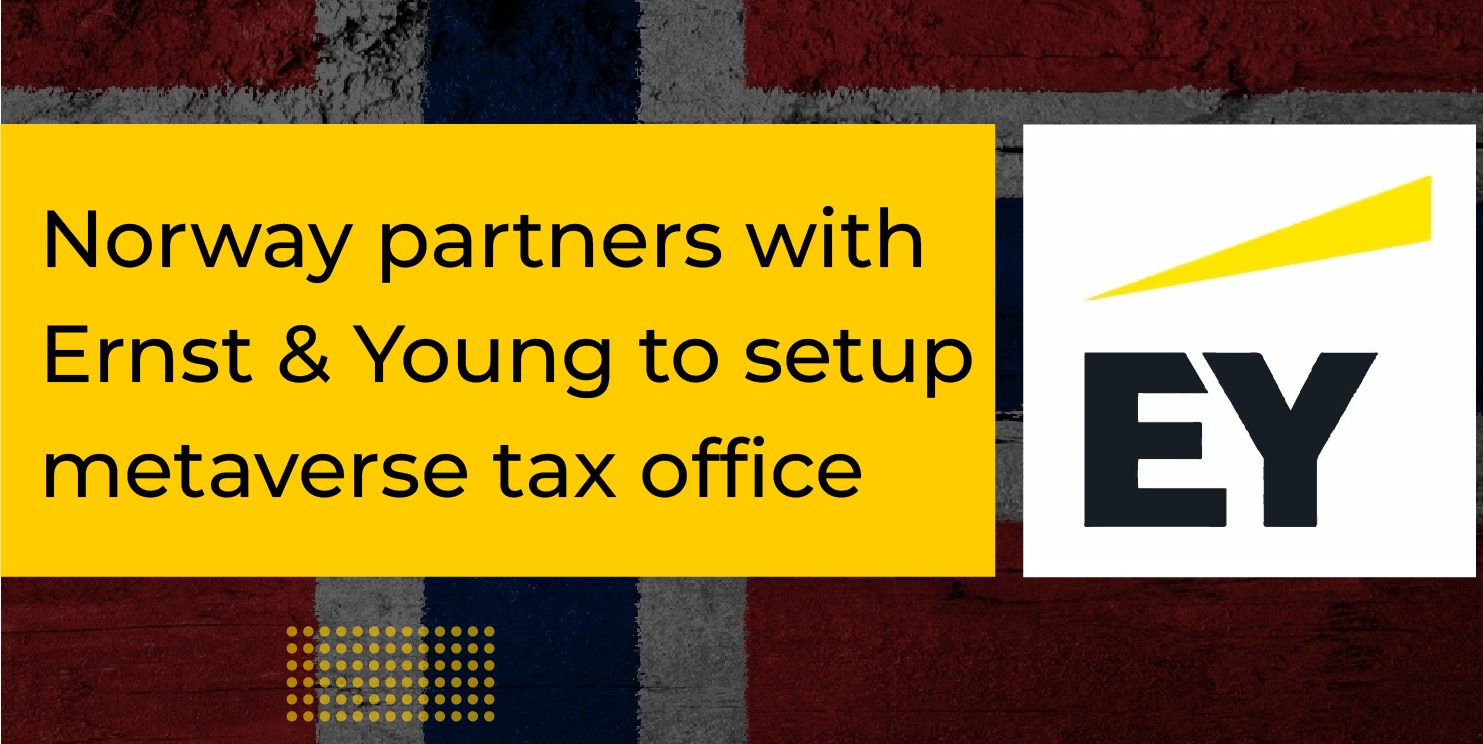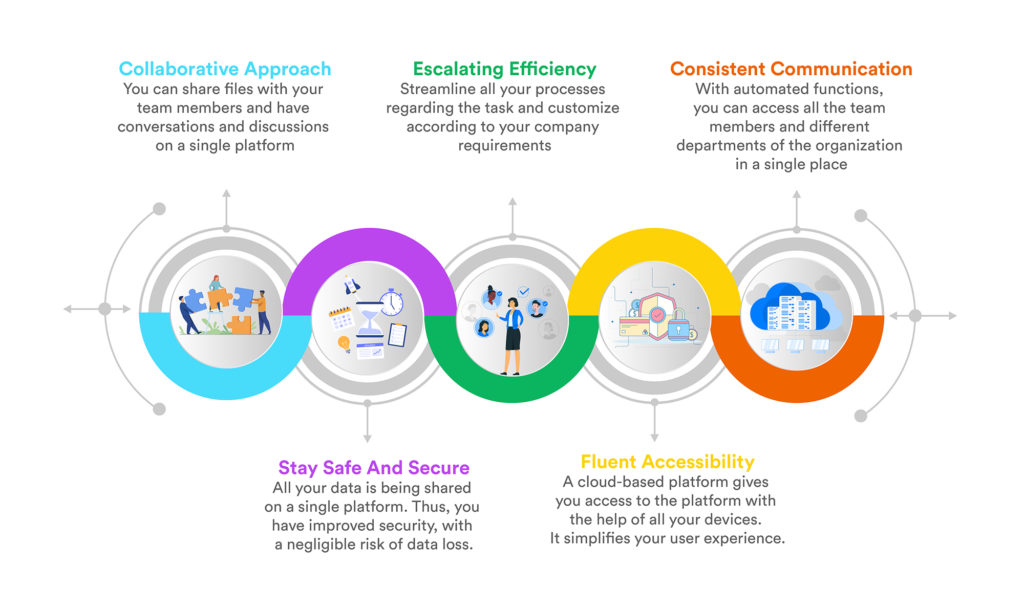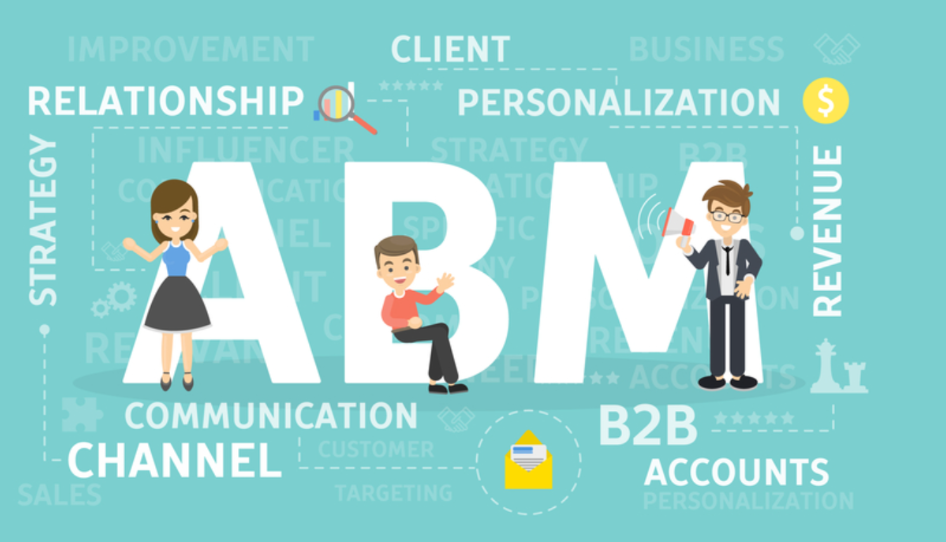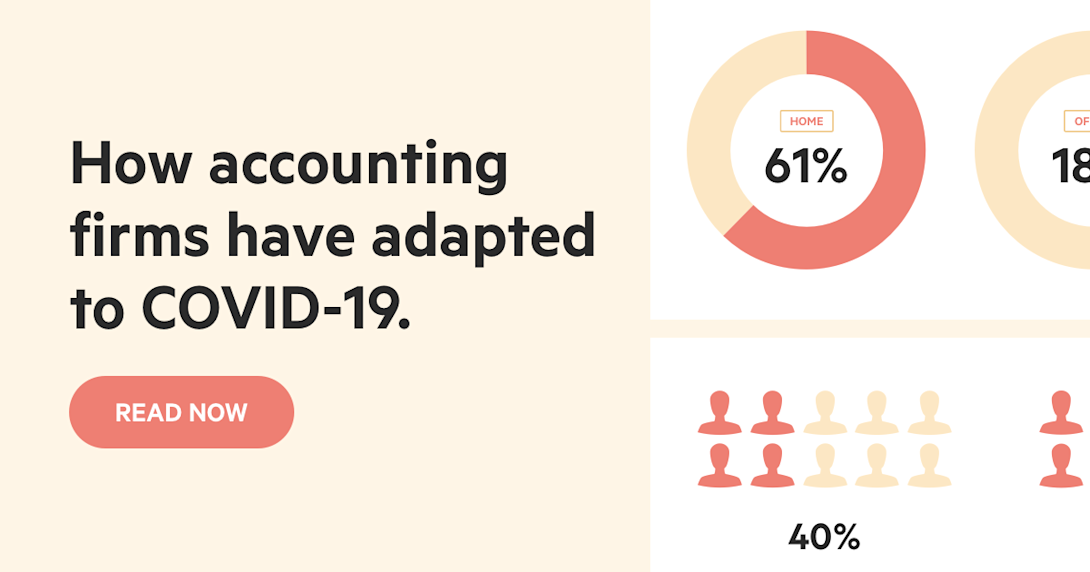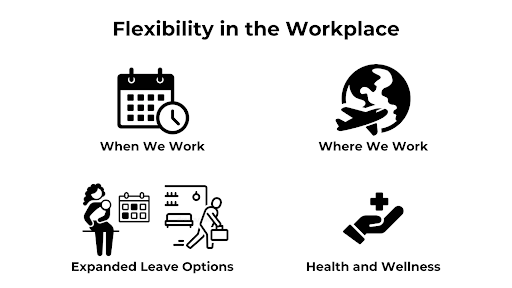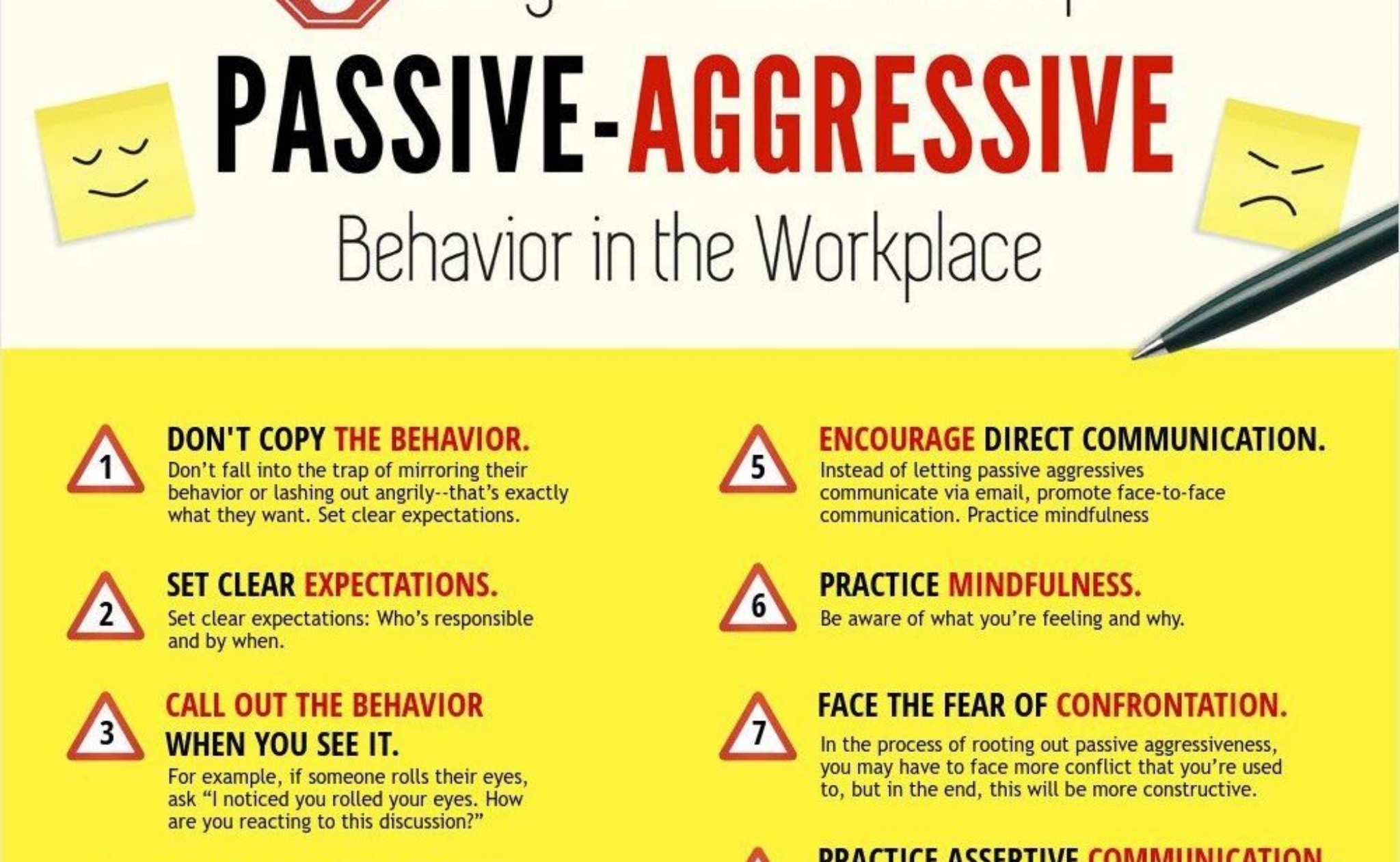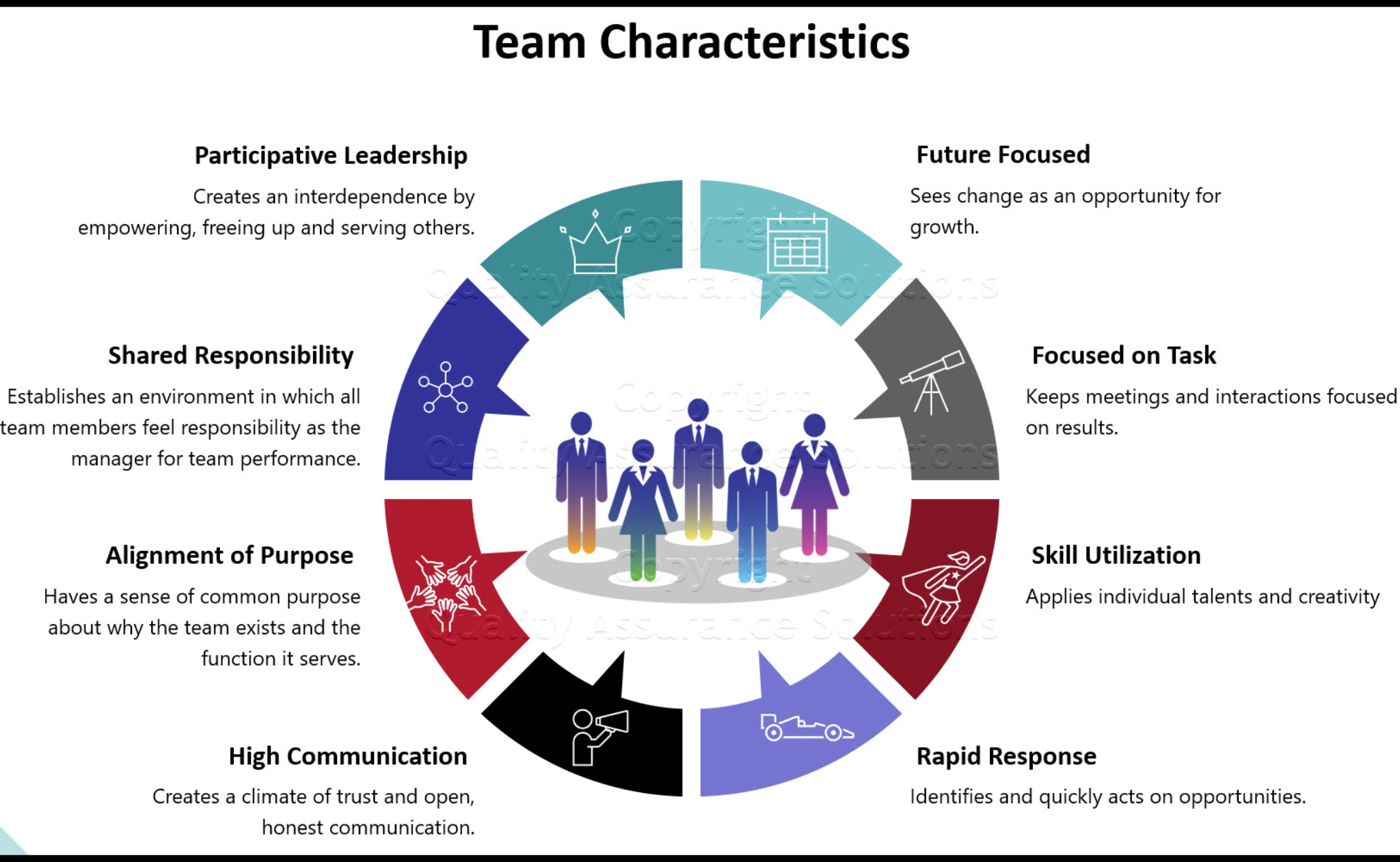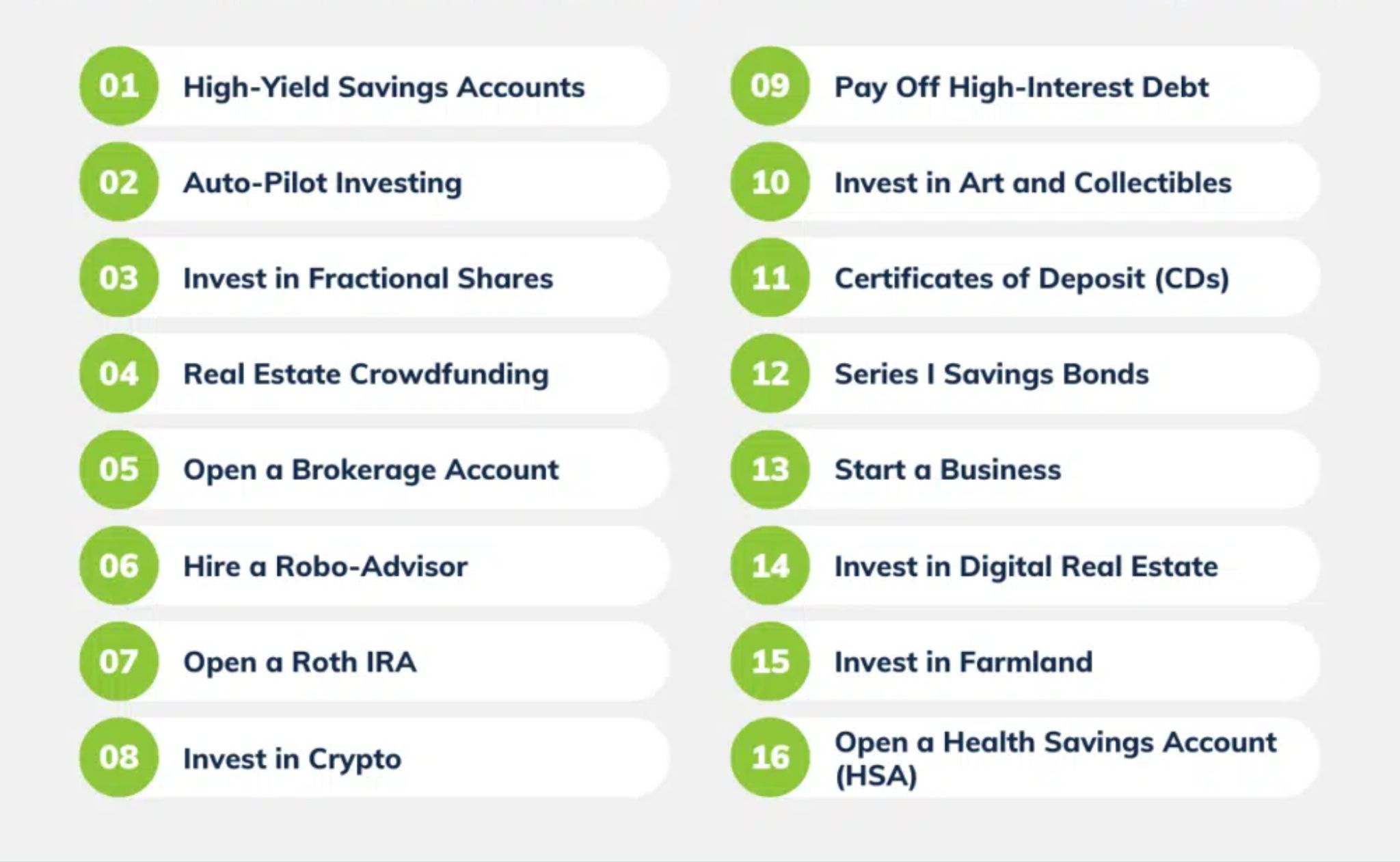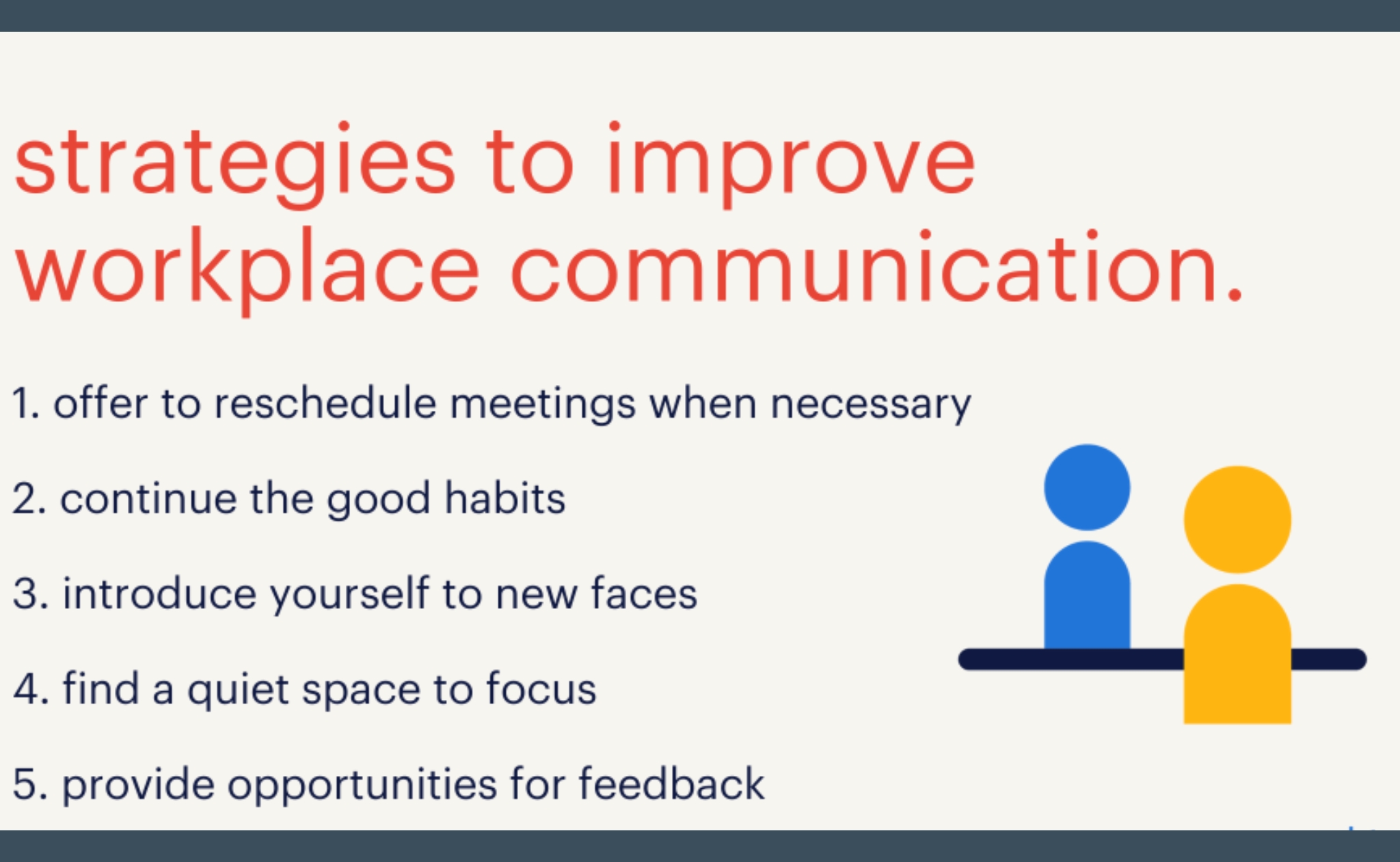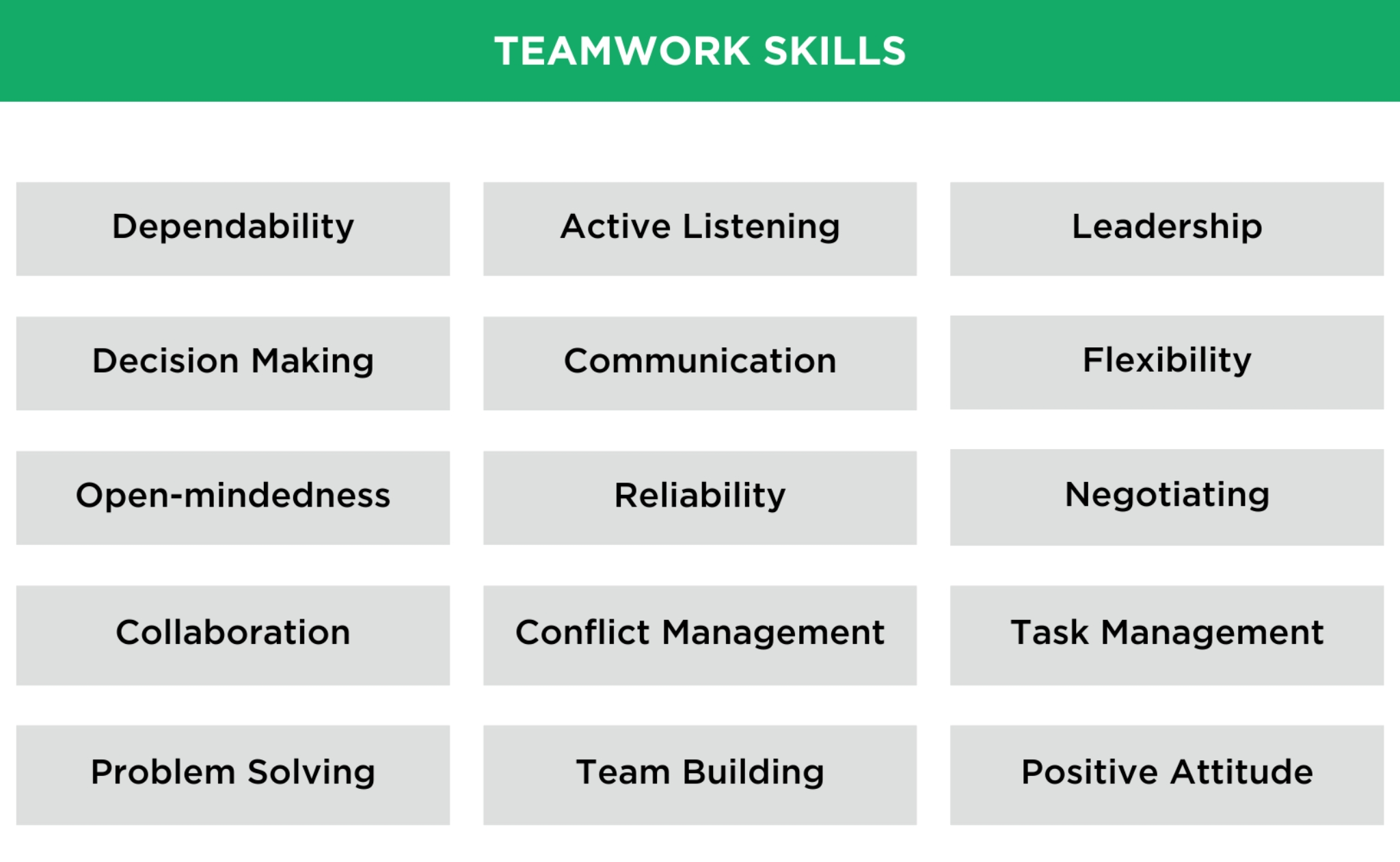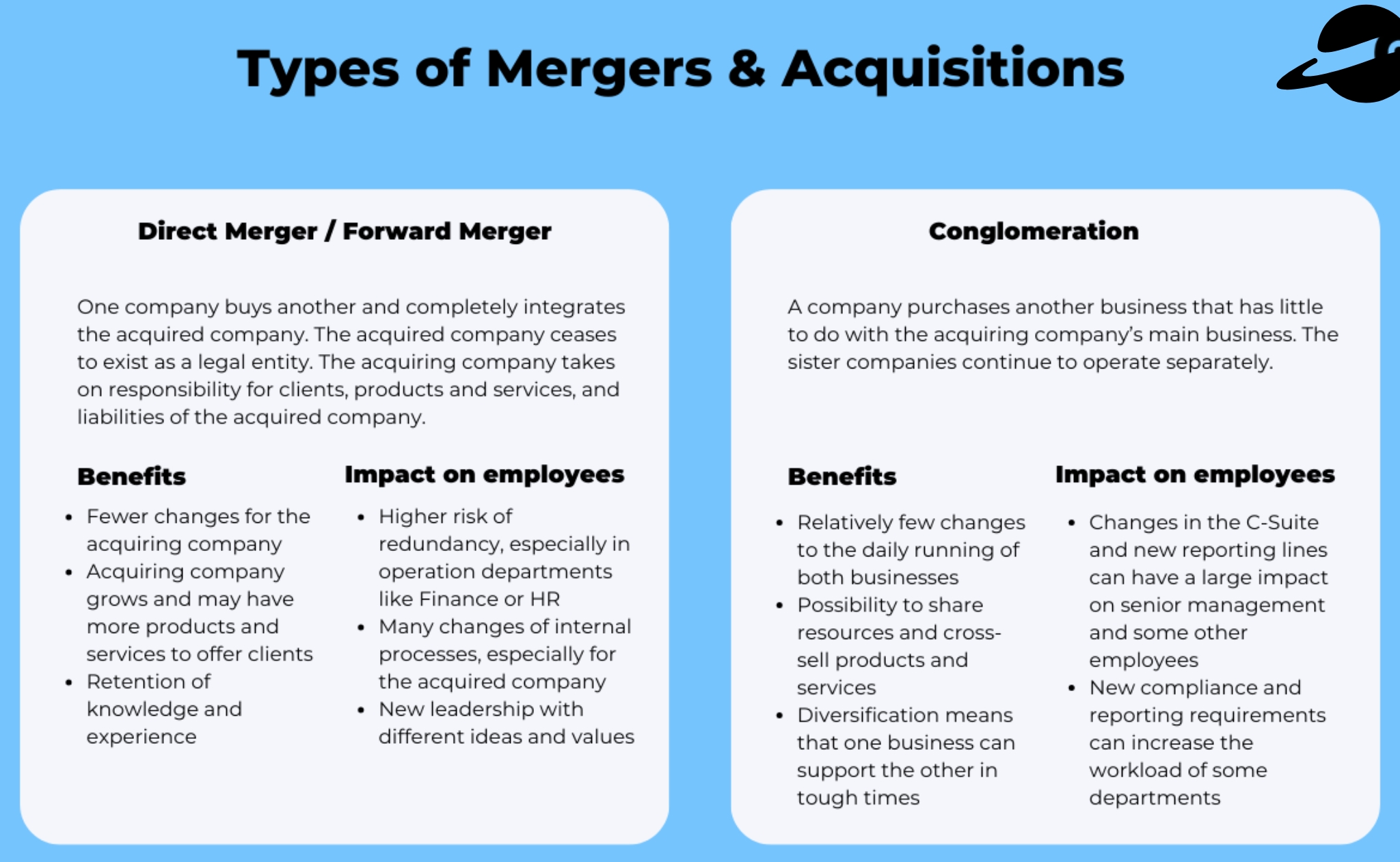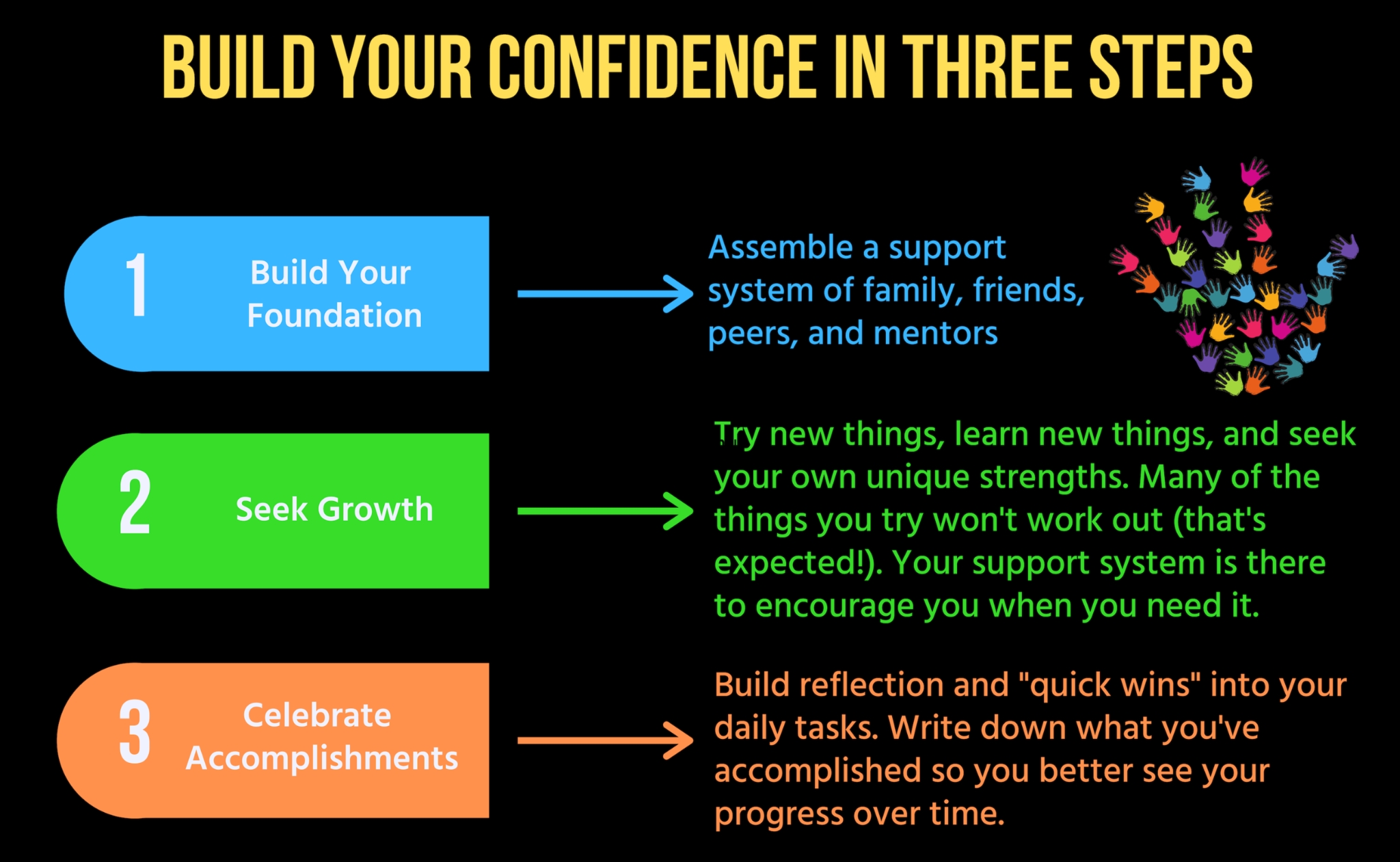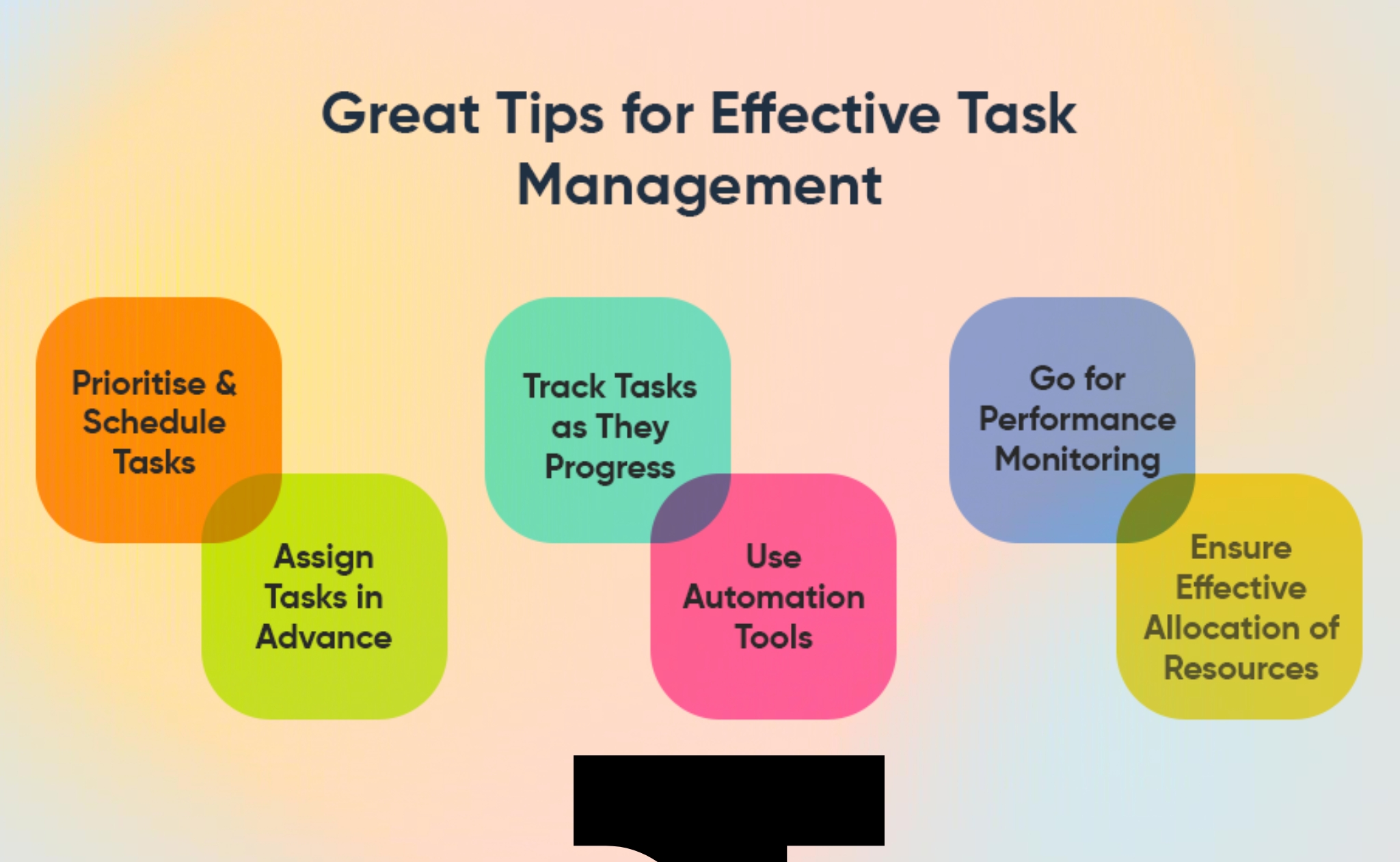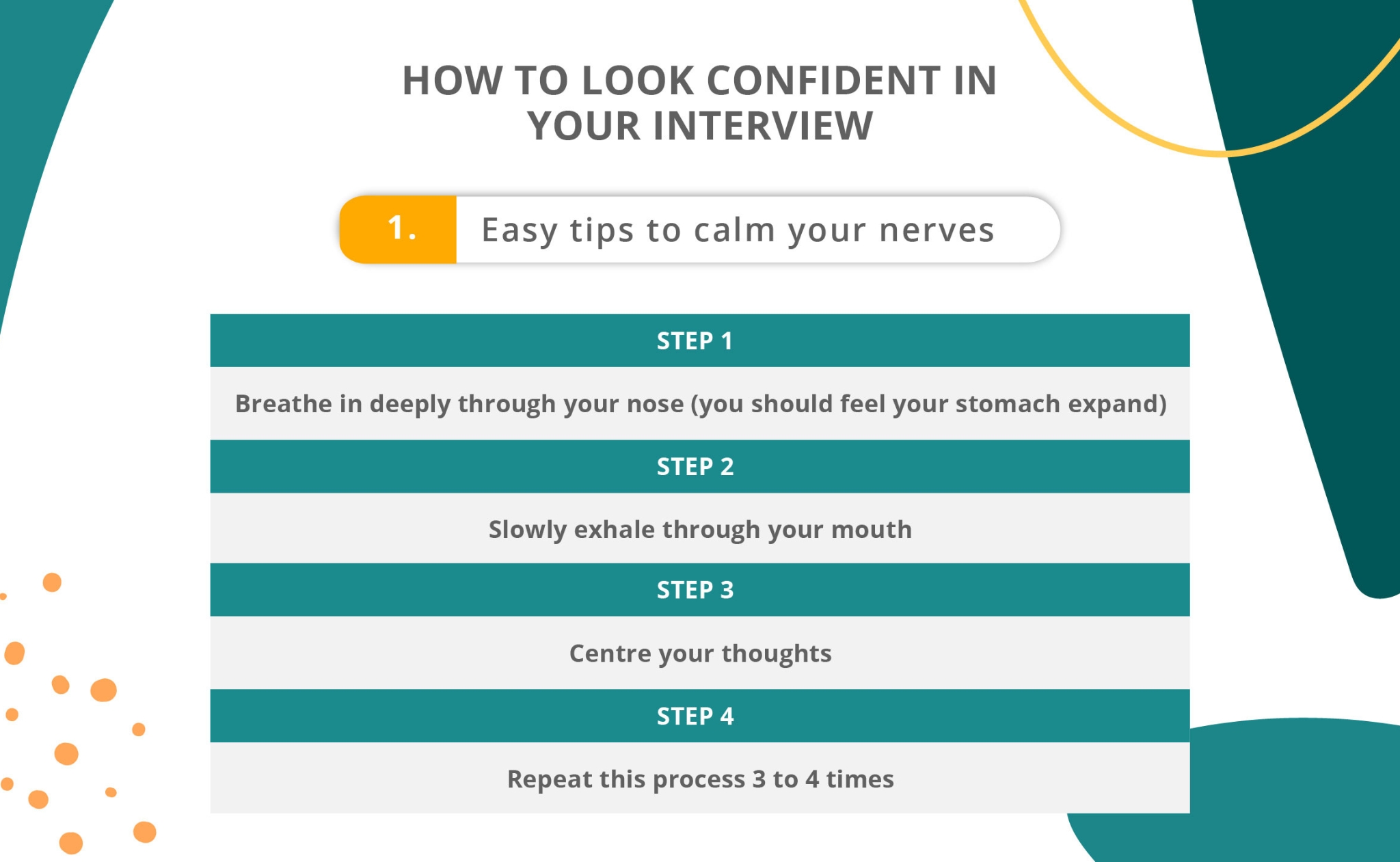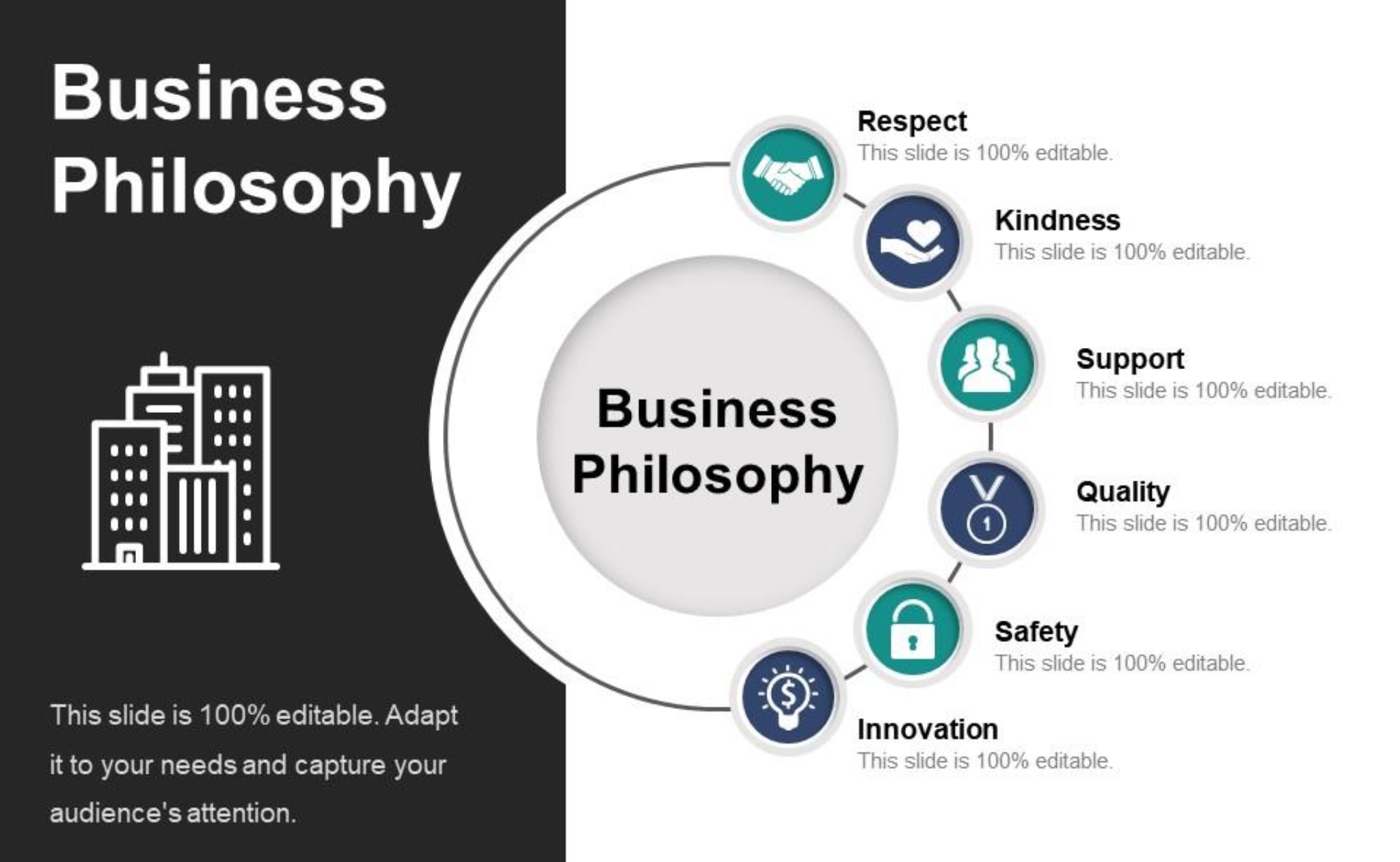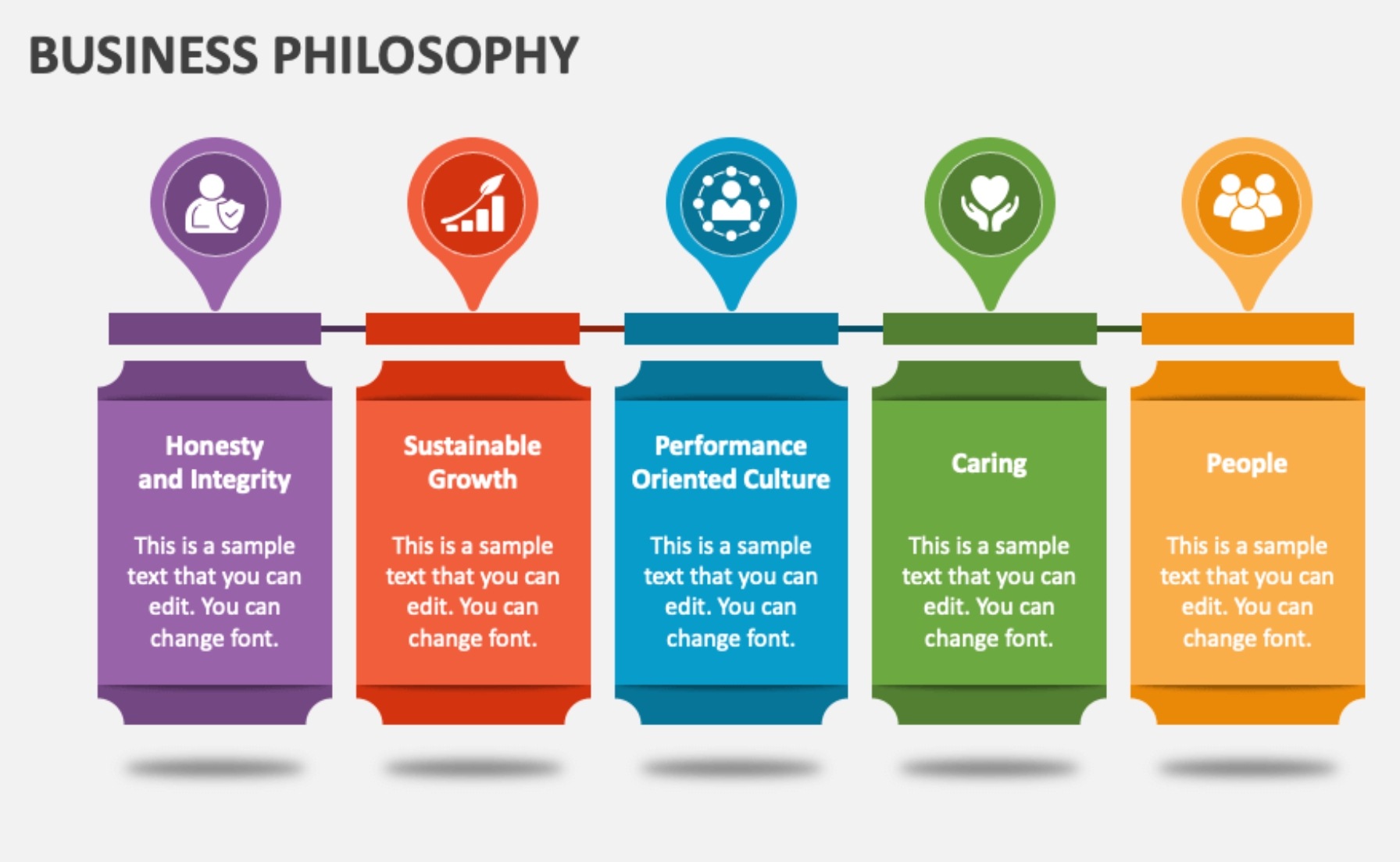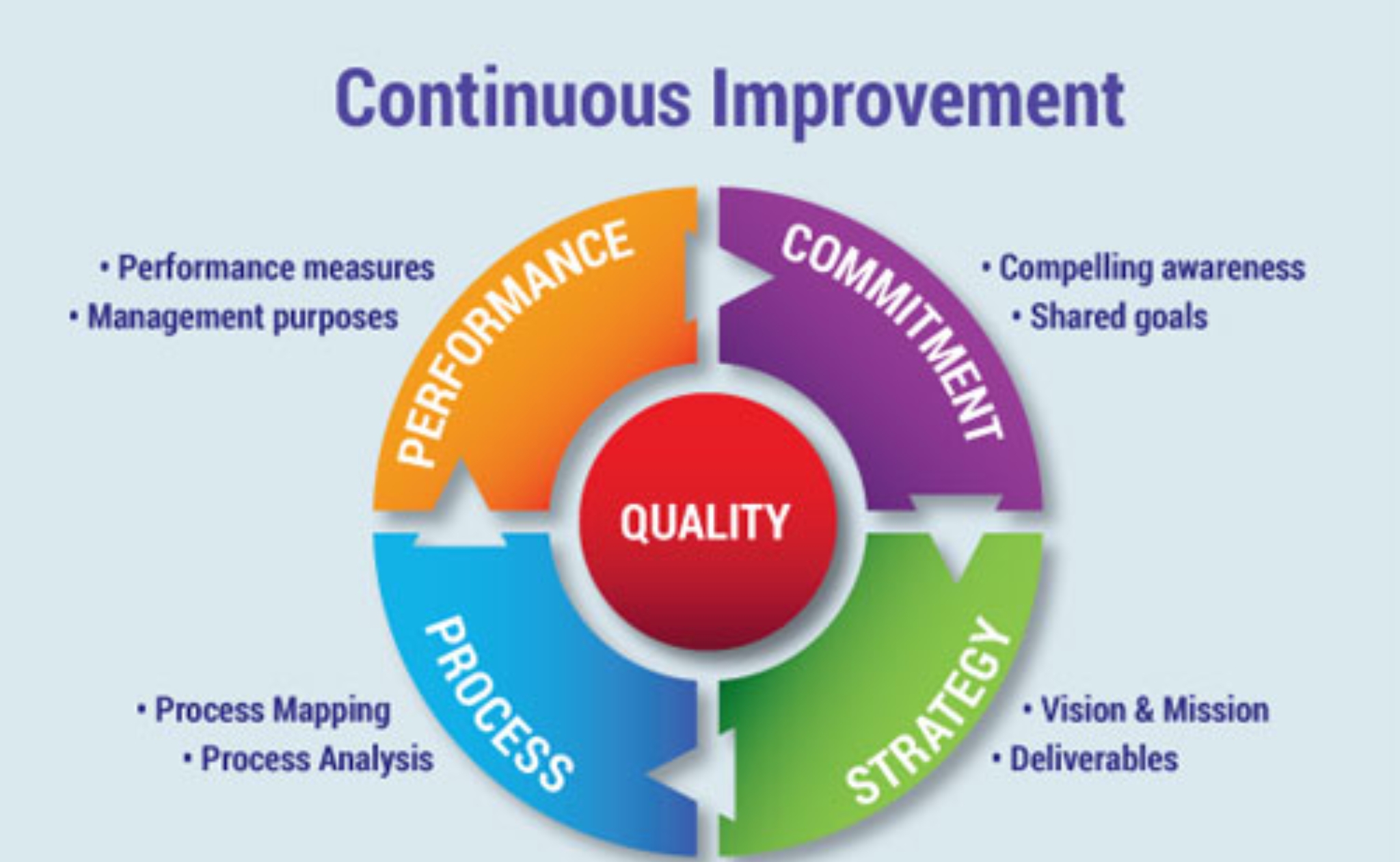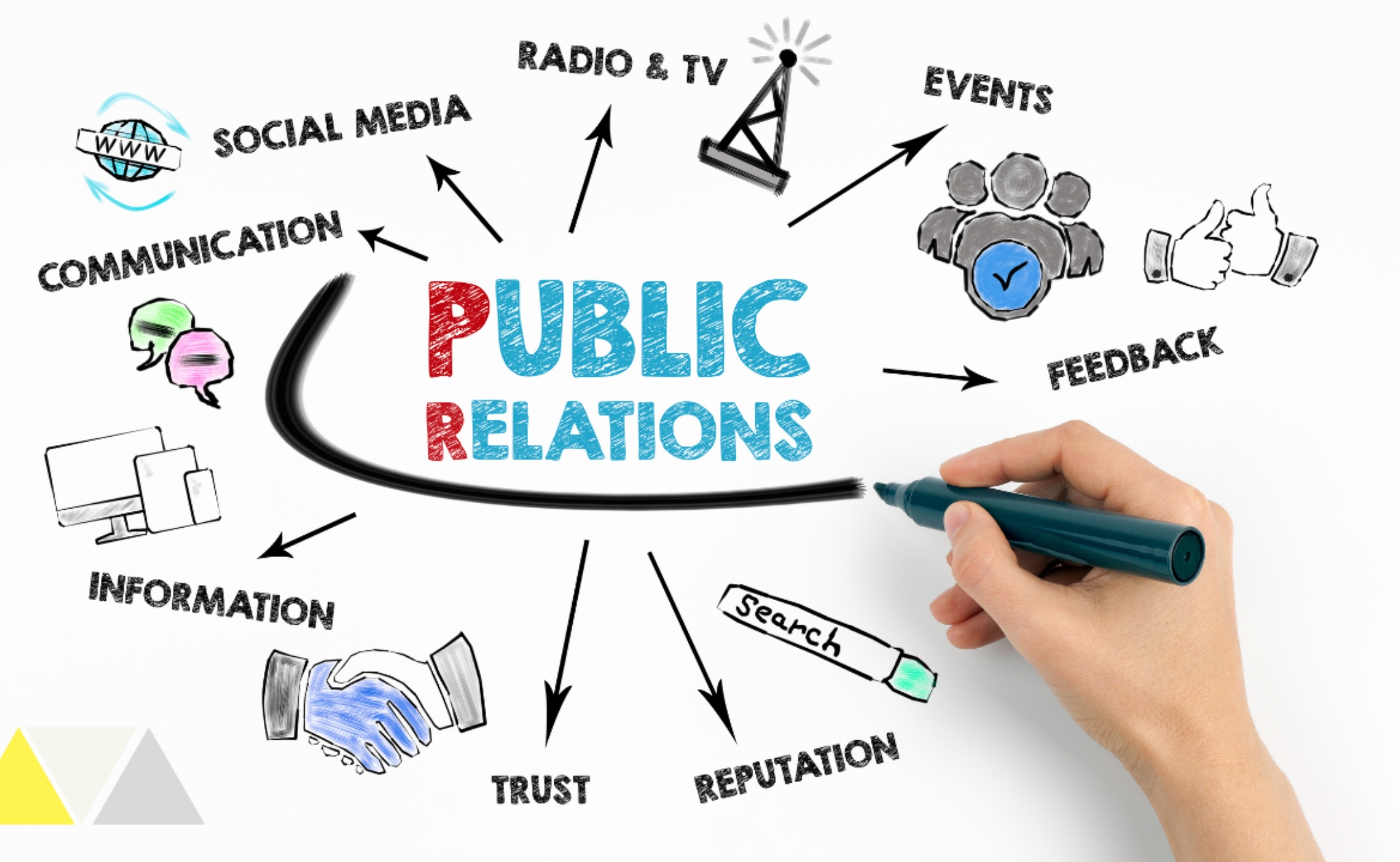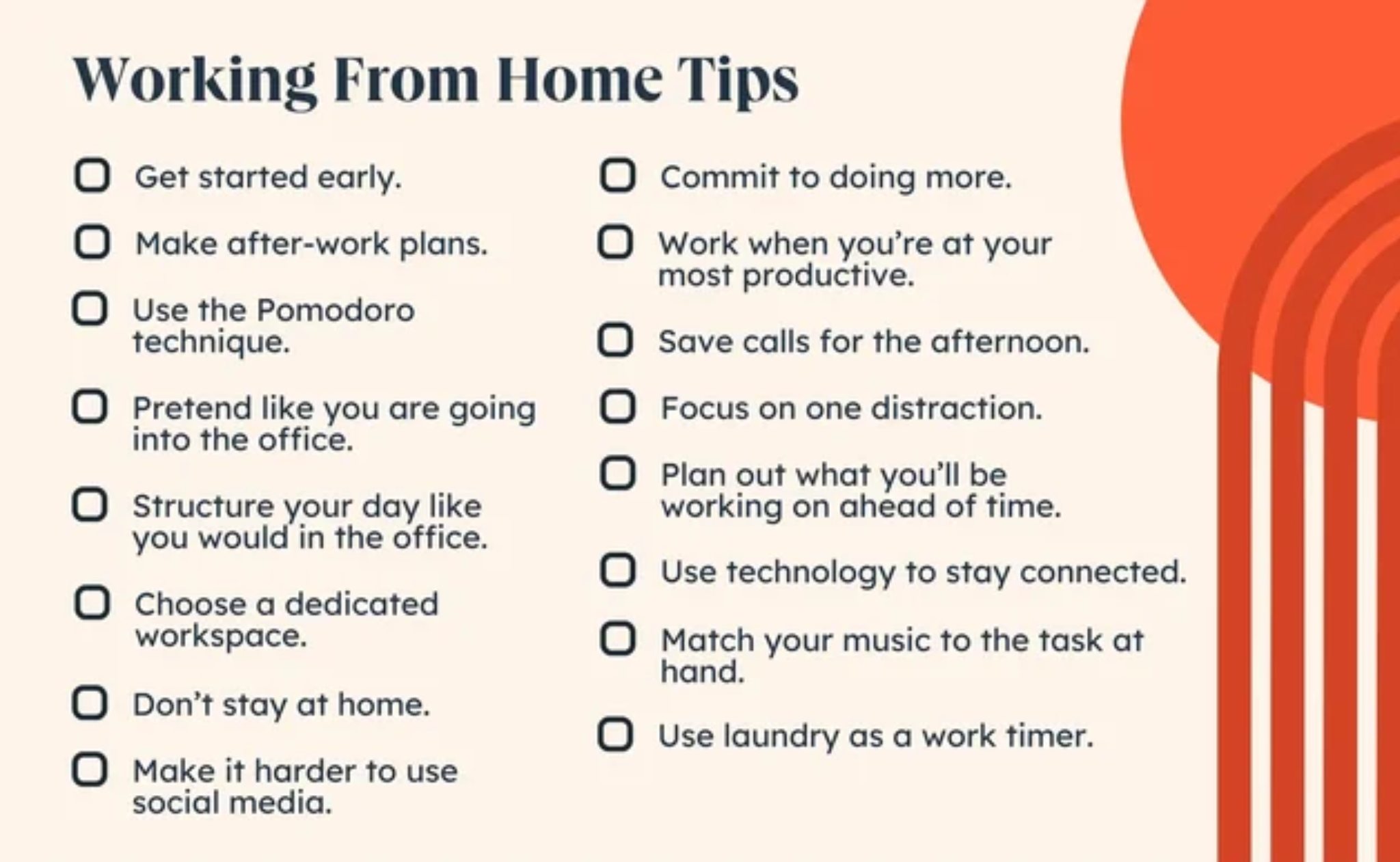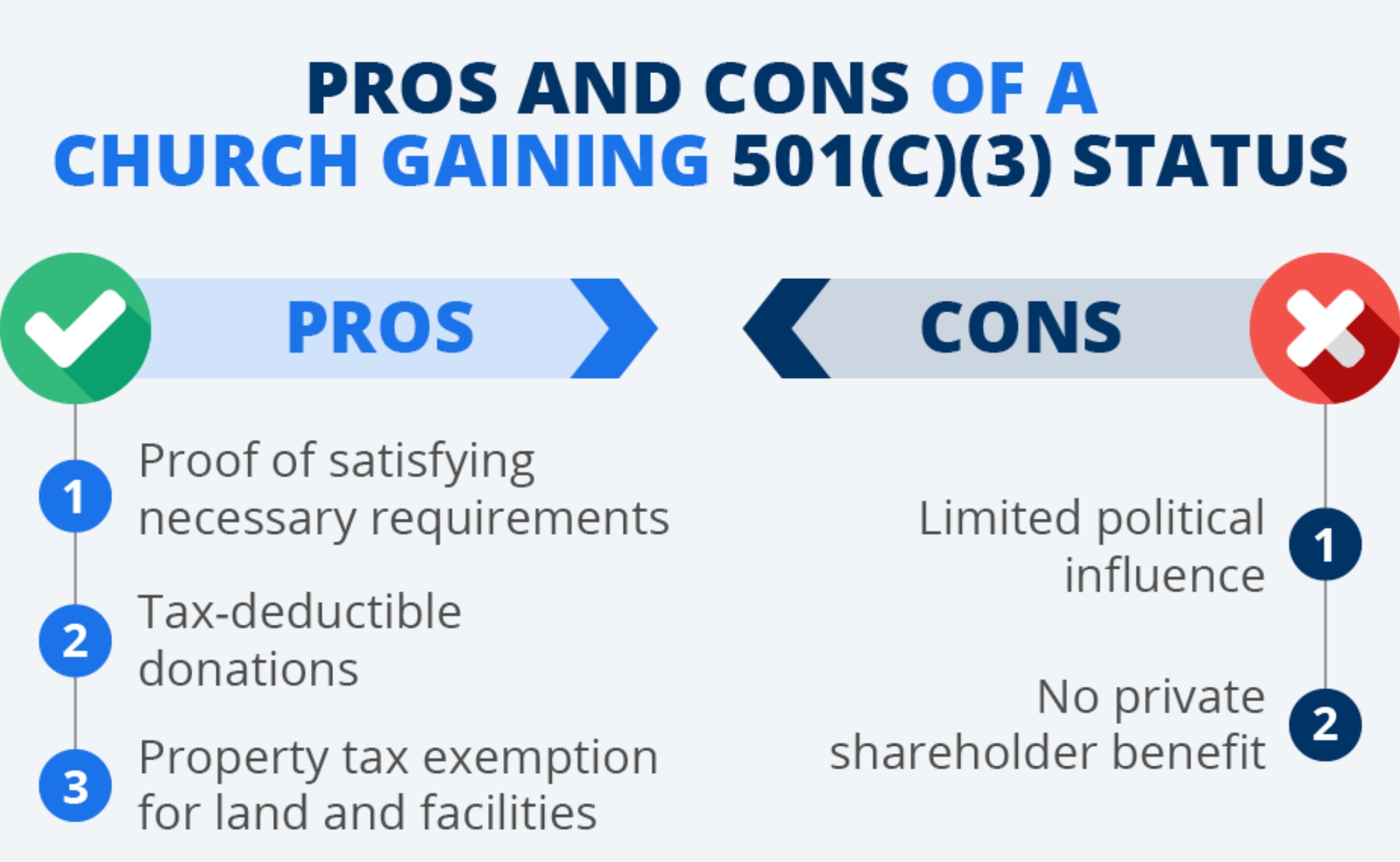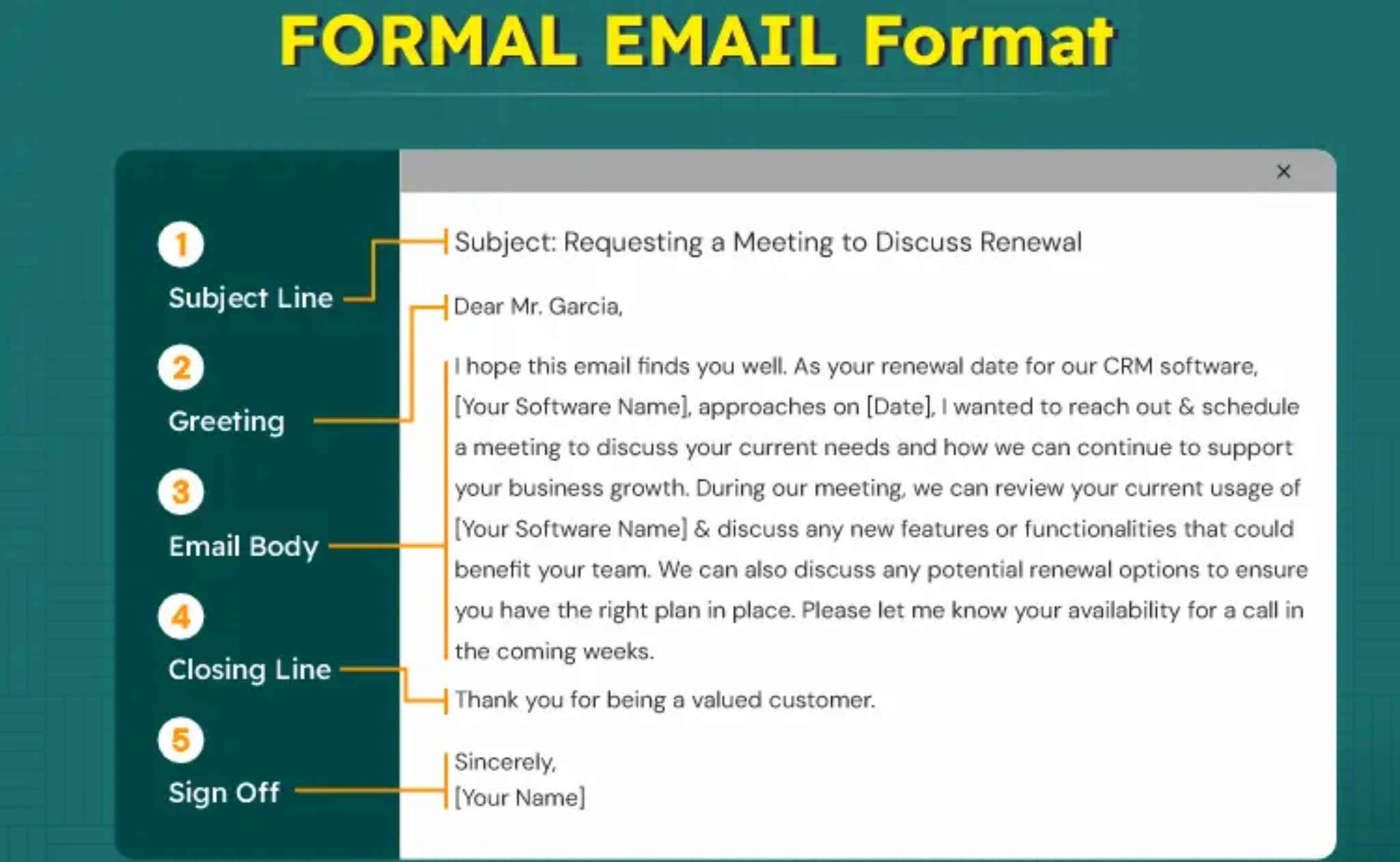Going Corporate
Maybe you’re just getting started with your career and you’ve been wondering, “What is a corporate job like?”
Or maybe you’ve spent most of your career working for small businesses and lately you’ve been wondering whether the grass really is greener on the other side.
We’re going to take a brief look at what it can feel like when working with a large corporation, as well as some of the potential benefits and disadvantages.
Of course, it’s impossible to generalize completely about what corporations are like, but we’ve decided to focus on elements that tend to be shared across many different kinds of companies in many different industries.
Who knows, you may not be suited to a corporate environment, in which case you could look at jobs with more relaxed atmospheres.
Contents [hide]
The Work Environment
To start, working for a large corporation means that the scale of the company will most likely be a bit overwhelming at first.
And while it will still feel like work, you may notice a few subtle differences in the workplace culture or how employees are treated, generally.
Let’s take a look at some of the potential negative effects of a corporate office environment.
Office Politics
For one, you may notice that many employees are engaged in office politics, even if only on a very casual level.
Office politics can be as significant as stealing someone else’s idea and passing it along to management to win favor or as minor as spreading rumors about some of your coworkers.
Many employees believe that involving themselves in office politics is one of the only ways to advance their career in the workplace.
But in most cases, this just isn’t true. It is still possible to be recognized for doing good work and trying to genuinely contribute to the company’s bottom line, it just might take a bit longer to be appreciated.

Cog in the Machine
Going back to the sheer scale of a corporate office environment, you may find after working there for a few months that you feel a bit like a cog in the machine.
It’s possible to work a corporate job and never meet anyone outside of your immediate department.
It’s also possible to move around to several different departments during your time with a company, gaining a broader perspective on the entire company, which could have its benefits down the line.
But if you find yourself feeling like your work isn’t being appreciated, then it may be time to honestly assess your situation or even speak with a manager or supervisor as to how you might seek a promotion.
As a good rule of thumb, if you’ve spent more than a year trying to be promoted within your company, you should either make a final push to gain a new position or you should start looking for another job.
The Perks

But a corporate job isn’t all doom and gloom, despite how these jobs are portrayed in movies and television.
Working for a large company also has its fair share of potential perks. Now, of course, these benefits can vary from company to company and also depend on your role, but they’re certainly worth looking into.
Insurance Benefits
While many smaller companies would like to offer employees insurance benefits, these plans are very expensive and thus pose a threat to narrow profit margins.
In contrast, many corporations consider such benefits part of their normal expenses, and as such offer employees the option to sign on to a health plan.
Oftentimes, the employee will only end up paying a few dollars out of the entire premium, which is certainly preferable to footing the bill yourself.
Many corporations also offer other benefits for services such as cell phone bills or even the costs of public transit.
And the very generous companies even offer to pay a portion or all of your costs for returning to school to continue to study in your area of expertise.
If you already have a corporate job, then it’s important that you ask your human resources representative about what benefits your company offers and how you can take advantage of them.
Employee Gym

Companies want their employees to stay healthy. It means fewer sick days and therefore higher productivity levels.
Some corporations even go so far as to offer to pay for employees’ gym memberships or even offer an on-site gym for employees to use at their convenience.
Once again, this is simply a benefit that smaller companies just can’t afford in most cases.
But for a larger company, benefits like these can encourage employees to stay with the company for longer, even if they happen to be dissatisfied with other aspects of the job.
Transfers
Let’s not forget that many corporations are also multinational. And even if they’re not, they most likely have many different branches throughout their home country.
For employees, this can potentially become a massive advantage.
Maybe you’ve grown sick of your current place of residence and have been considering a major move, sometime in the near future.
If you find yourself in a similar situation, feel free to ask around as to whether the company offers relocation stipends for employees who want to transfer to a different branch.
Of course, having a transfer approved ultimately depends on the needs of the company itself, and whether it would be beneficial to have someone with your particular skillset relocate.

If you are approved for a transfer, then you should seriously consider taking them up on the offer.
Even if you don’t plan to stay with your company for the next five years, having a guaranteed job in a new city will give you a huge leg up on making the move and transitioning to a new life there.
The Big Picture
Choosing whether or not to work for a large corporation can be a major decision, and it’s not one that you should treat lightly.
You need to ask yourself whether it would benefit you and whether you would be happy working there.
If the job would just be a means to an end, then you may be willing to put up with negative factors.
But if you’re not interested in the work or have a serious moral objection to the work the company is doing, then you may want to look elsewhere, for the sake of your own sanity.














